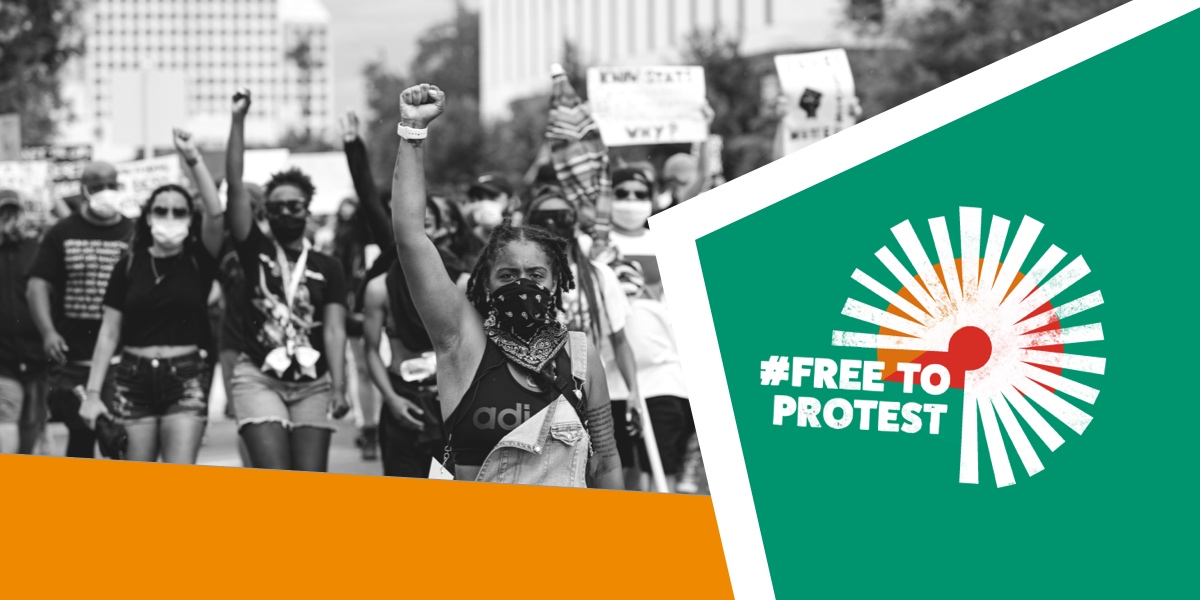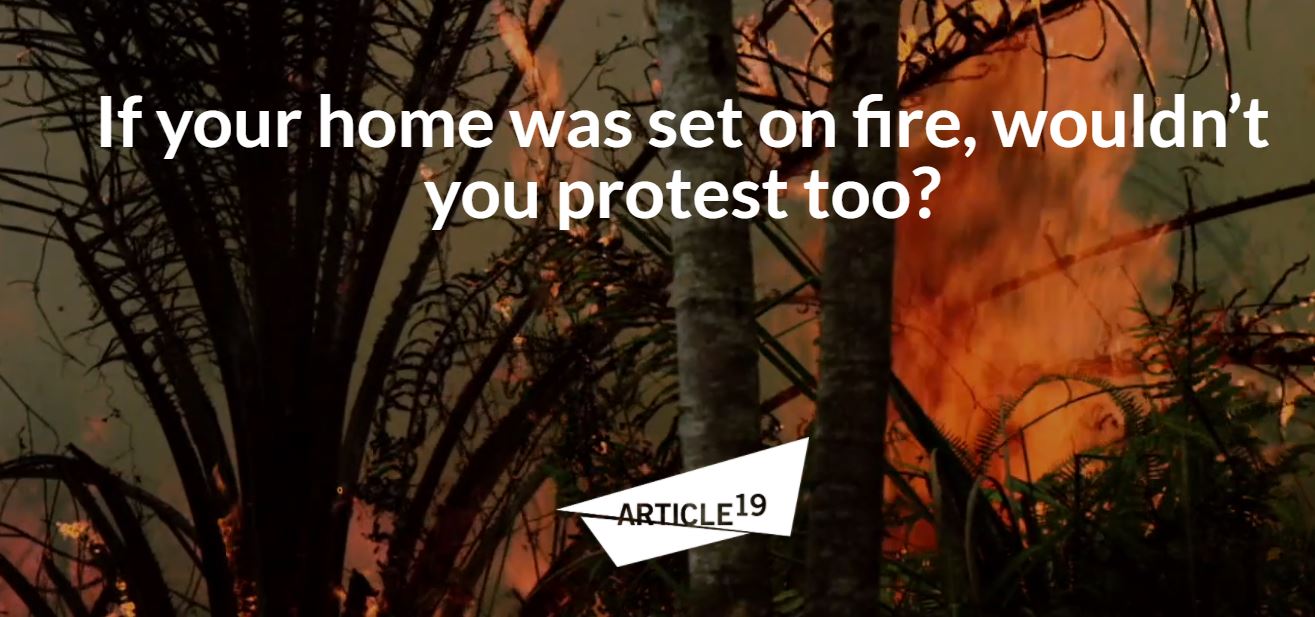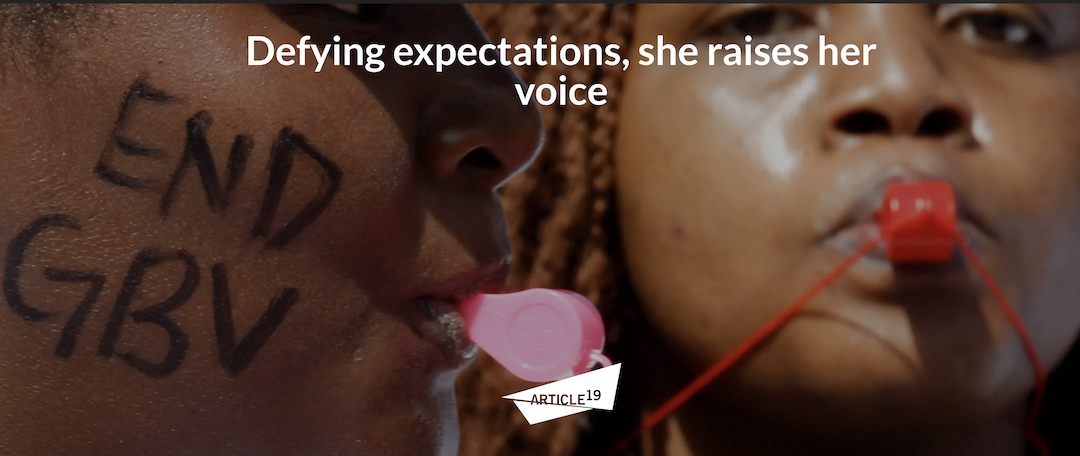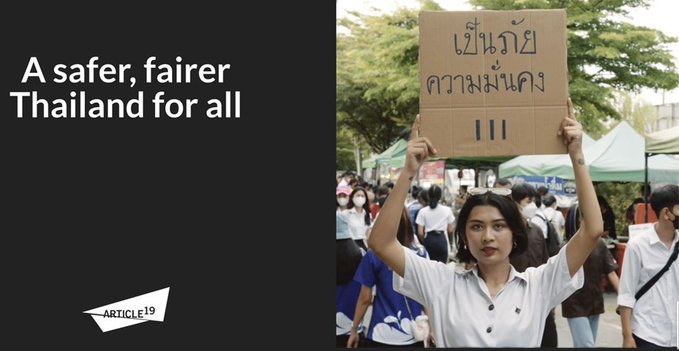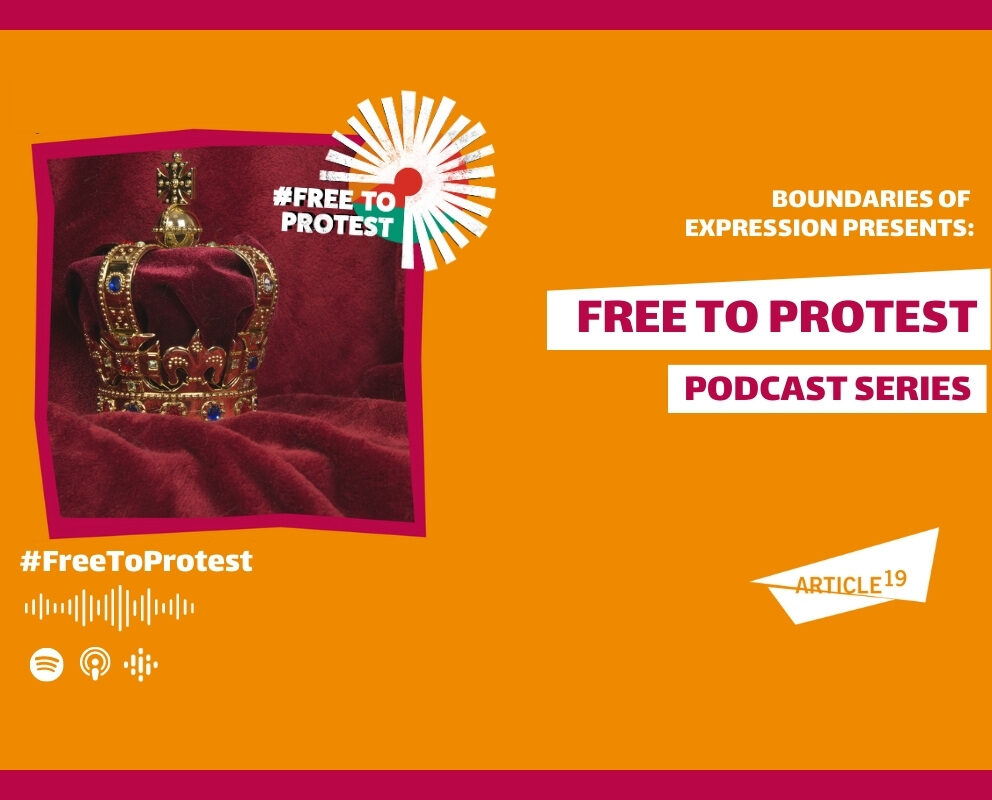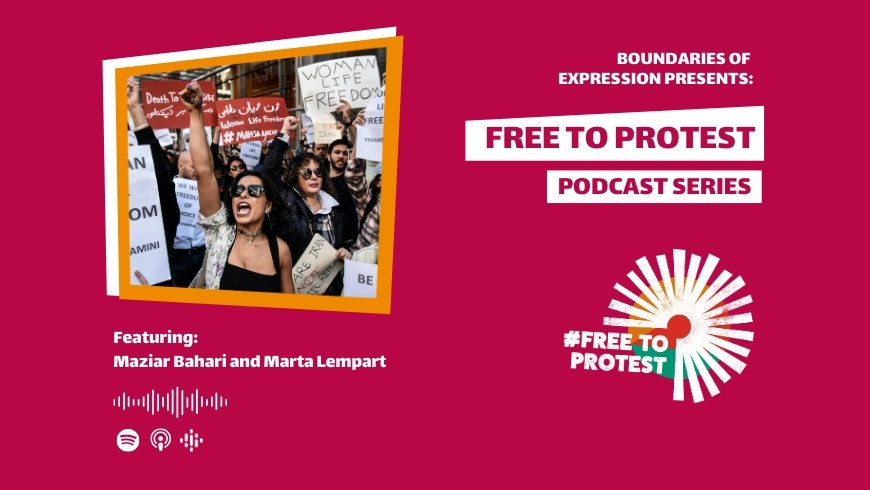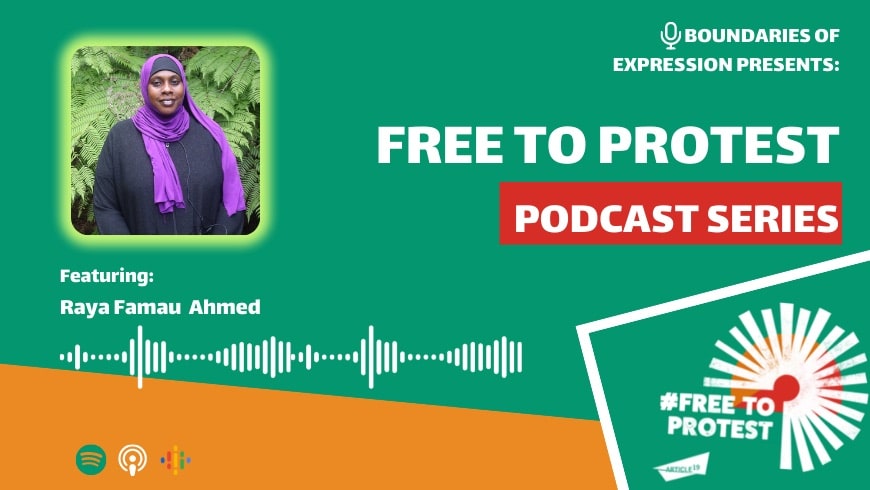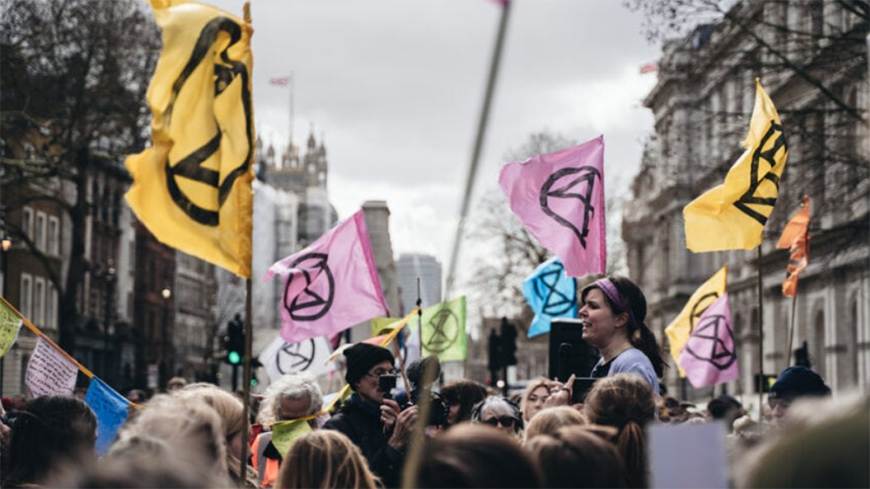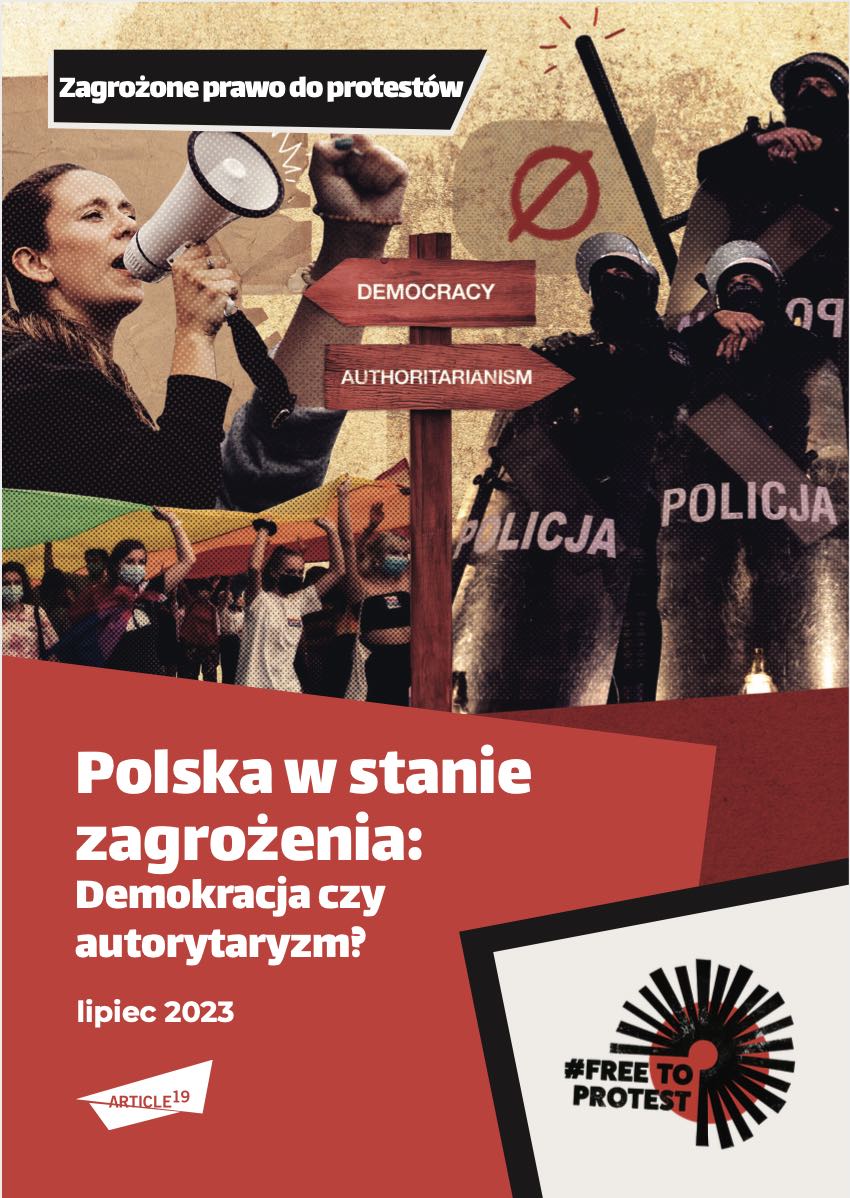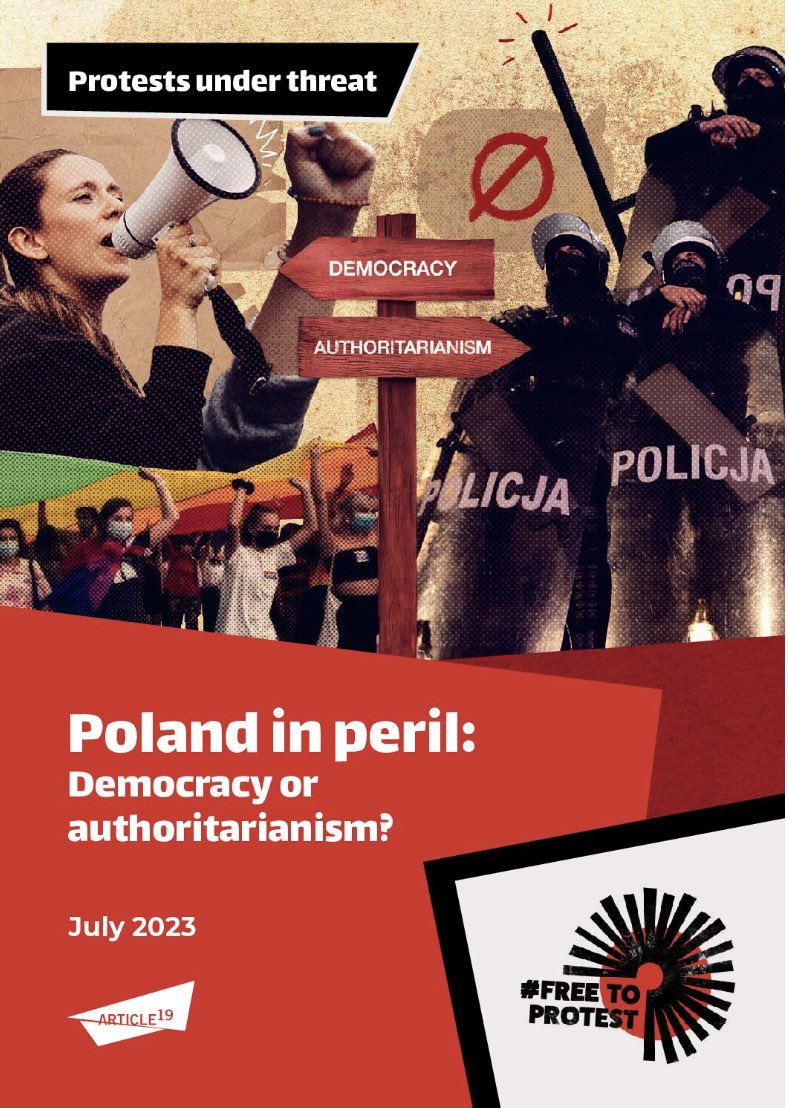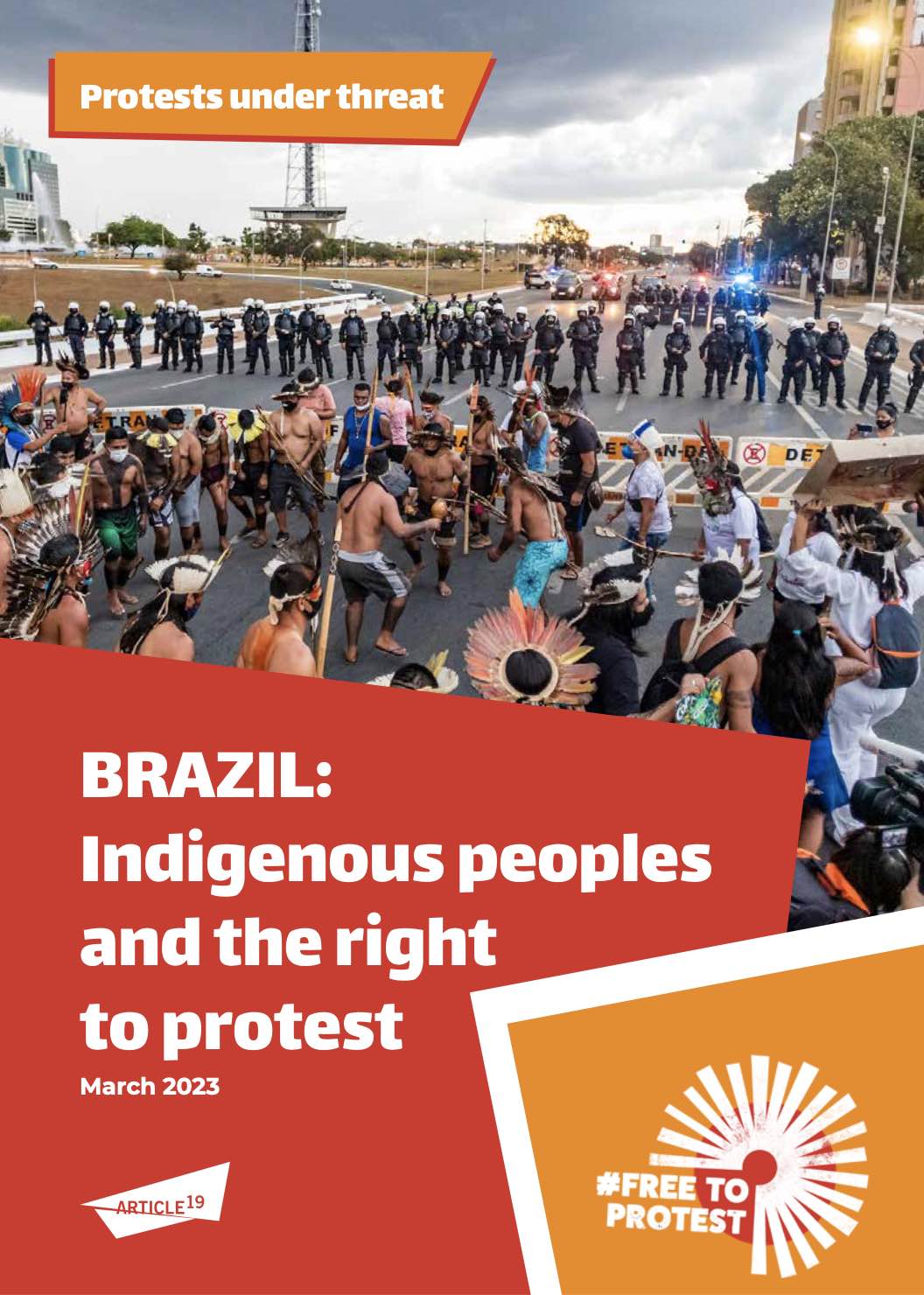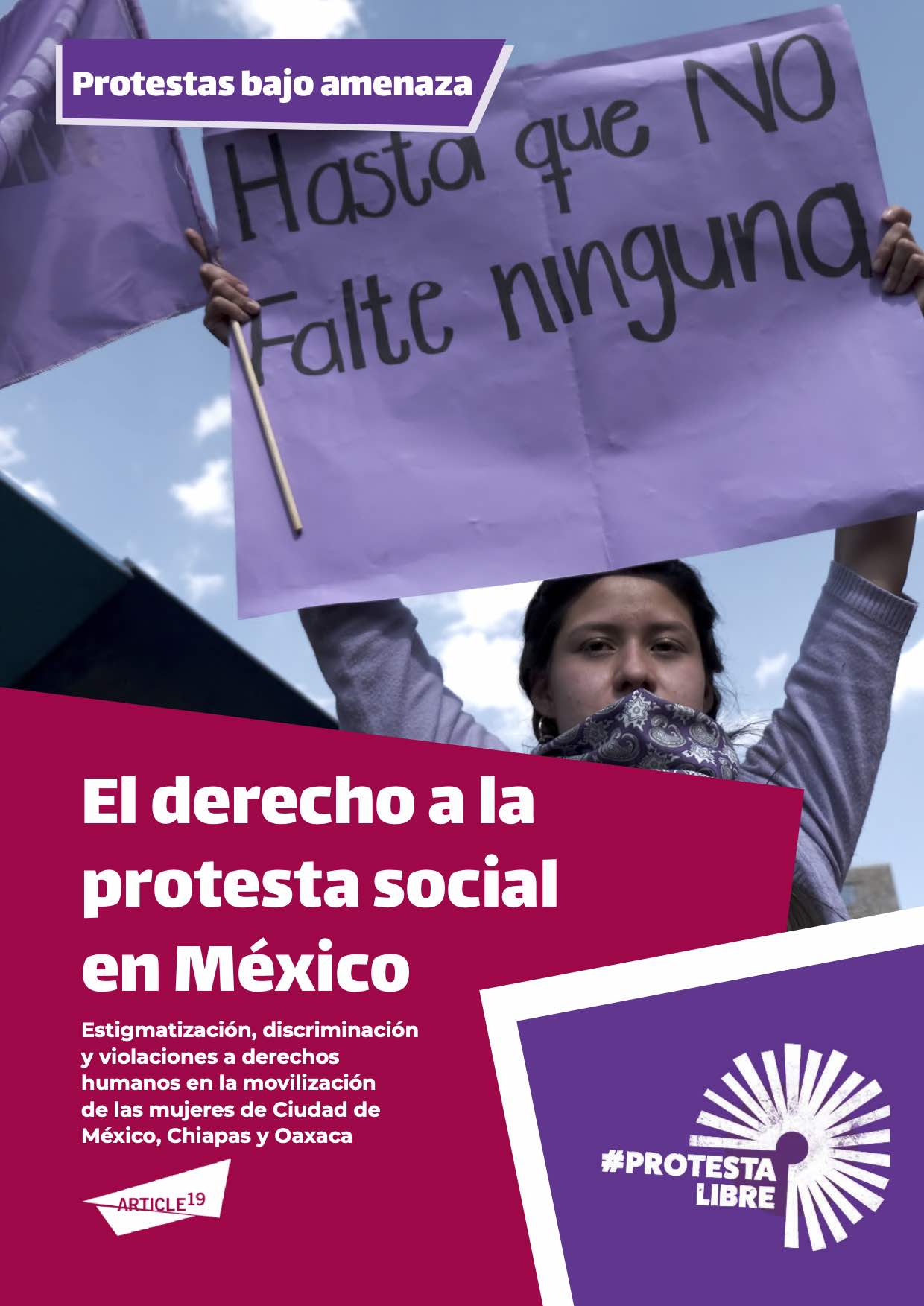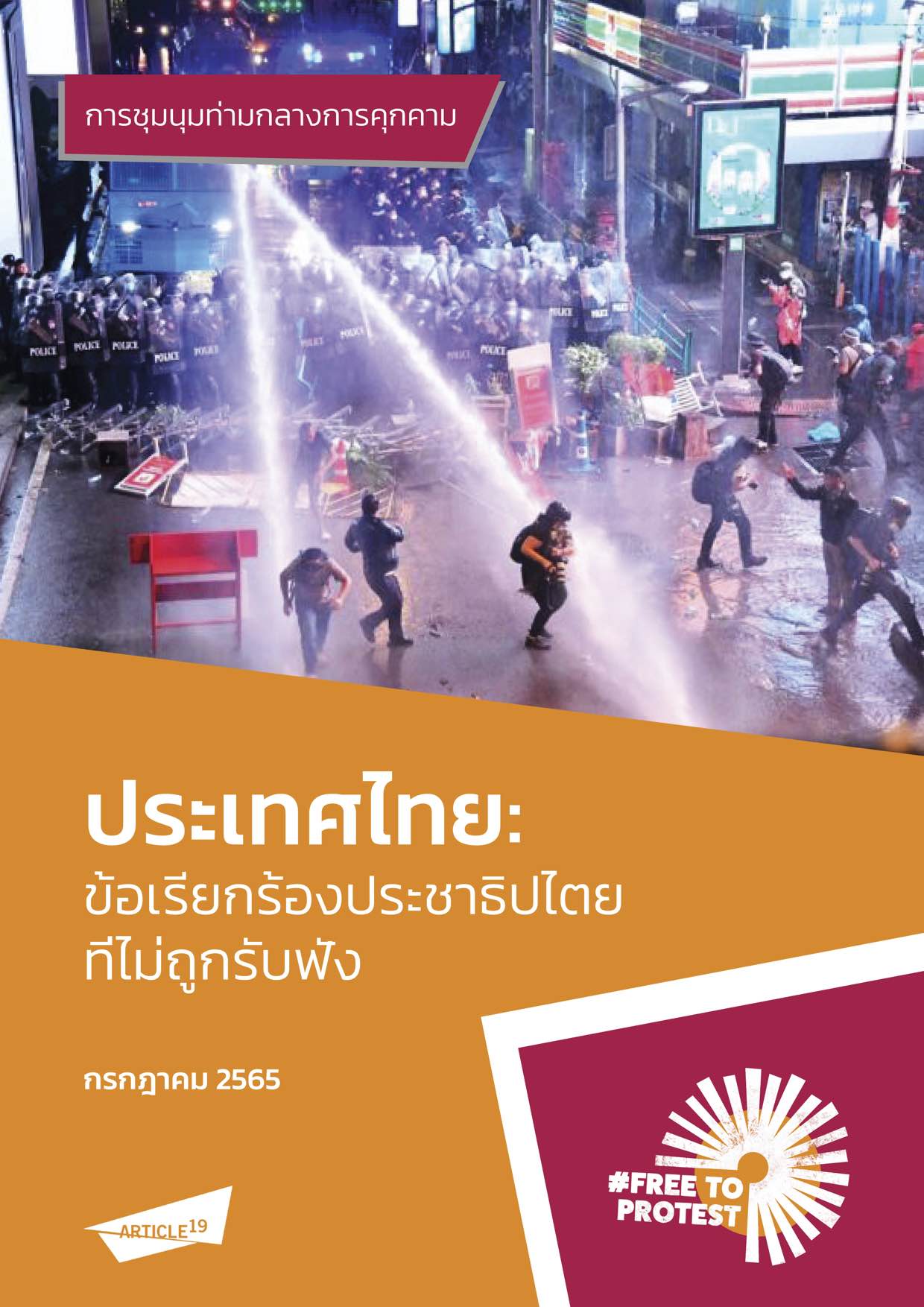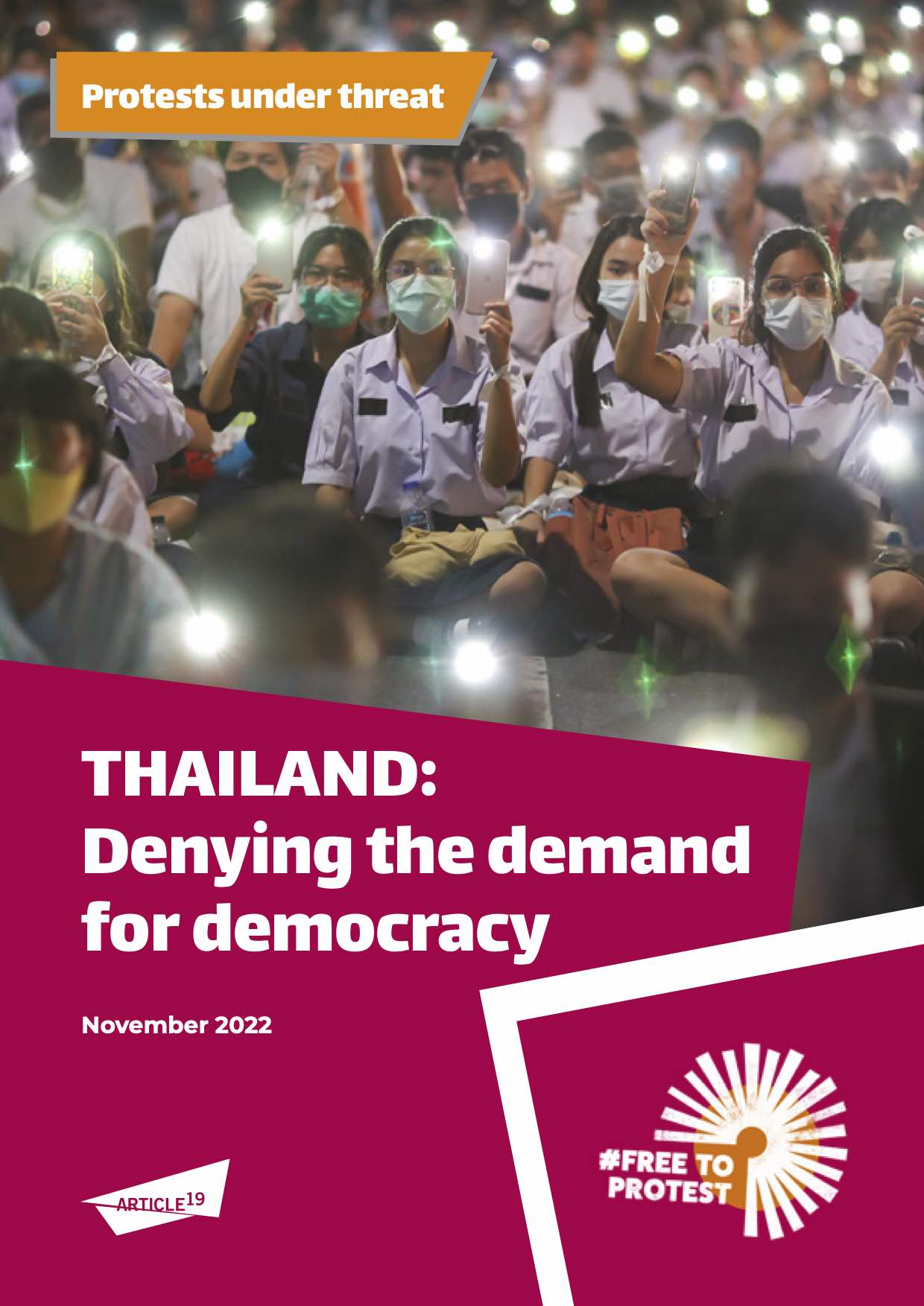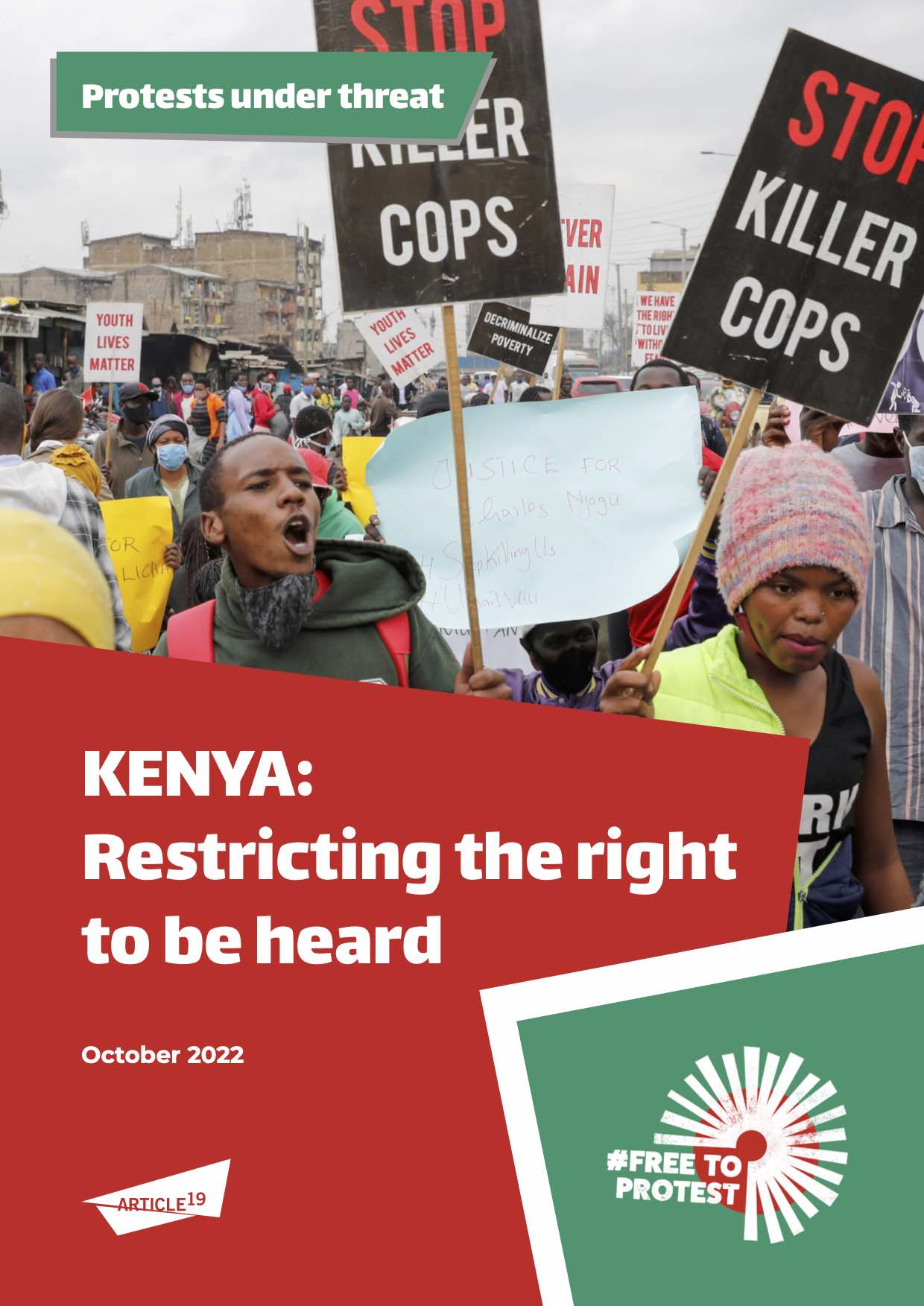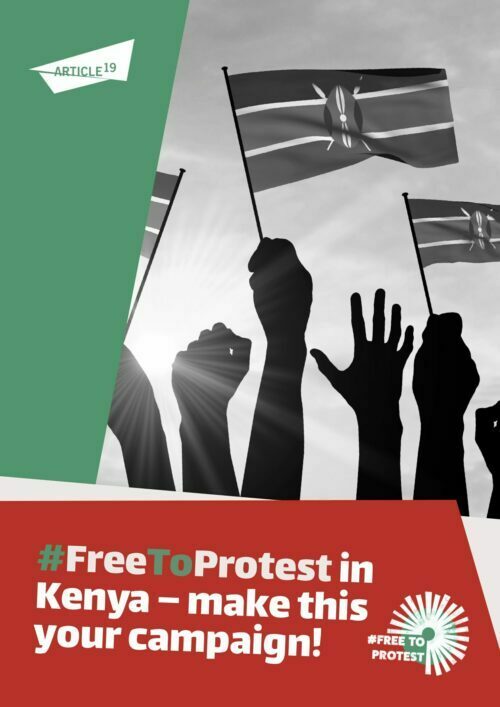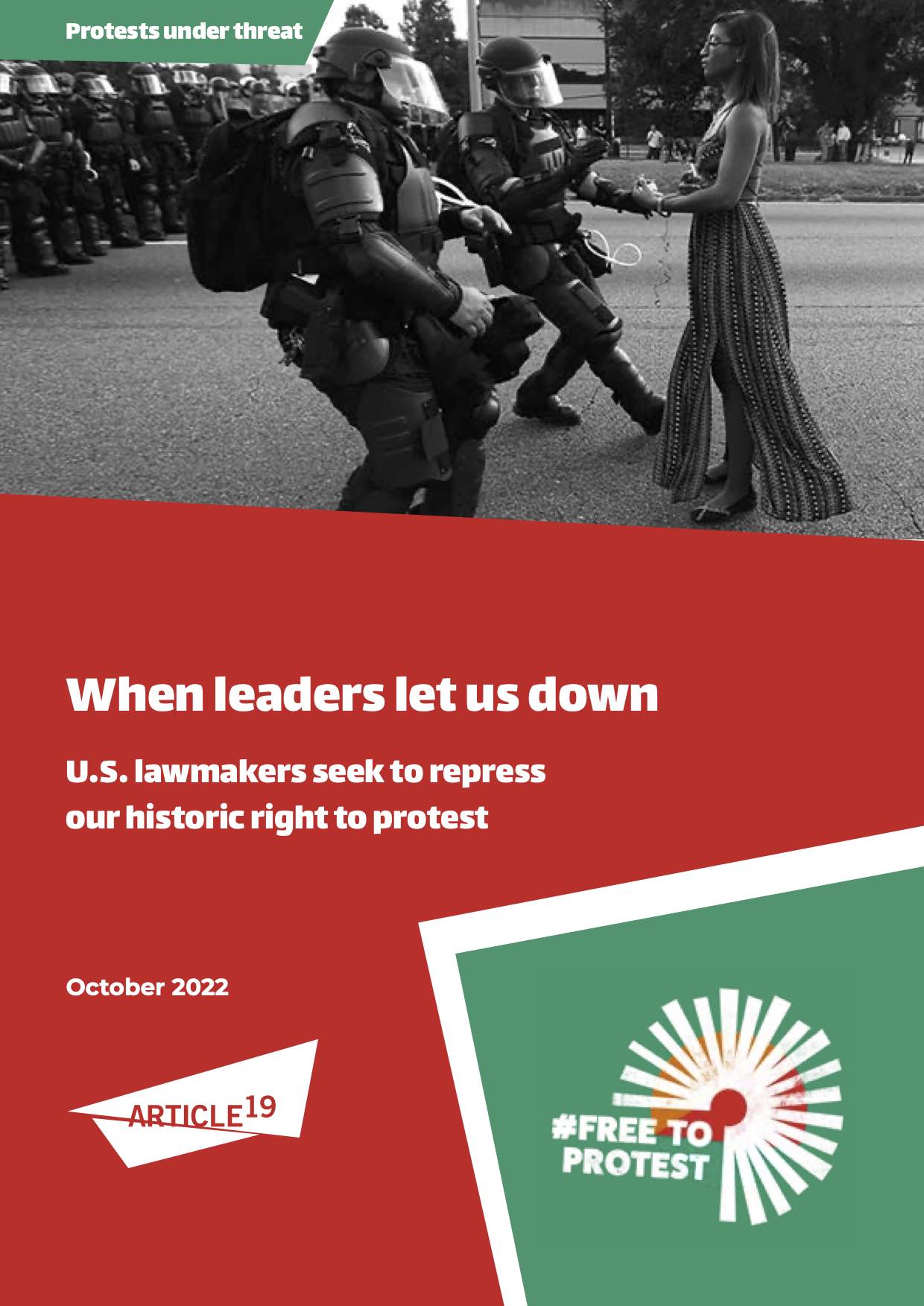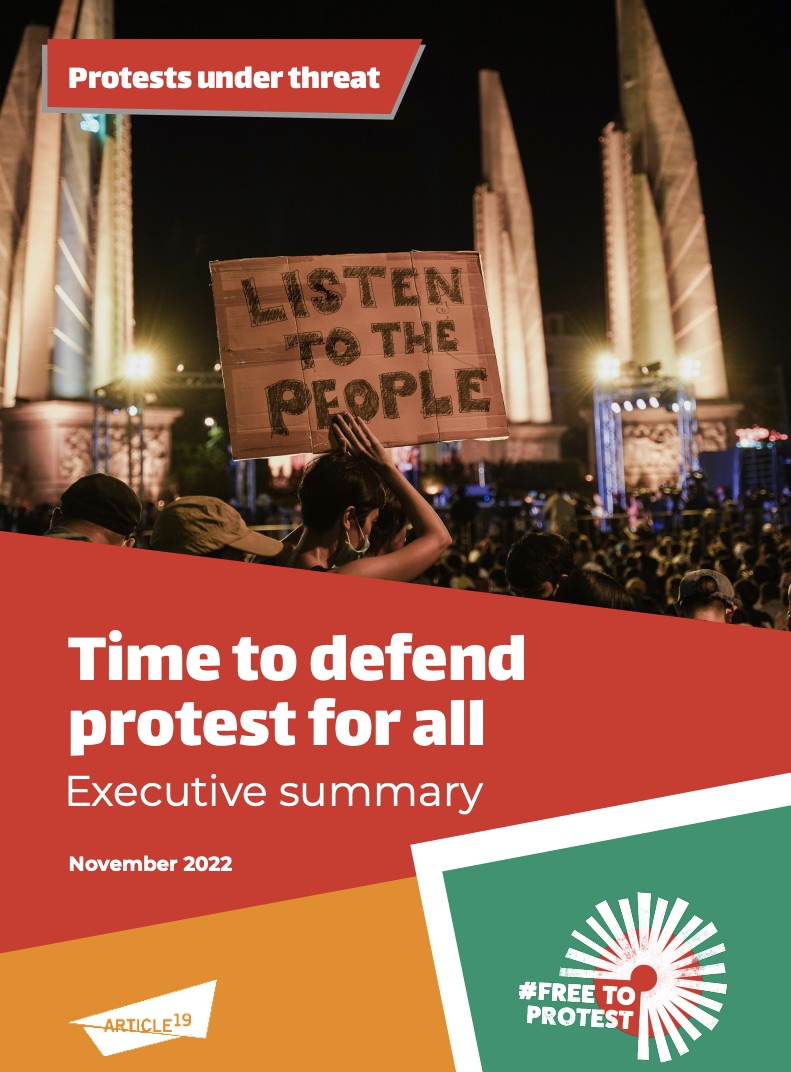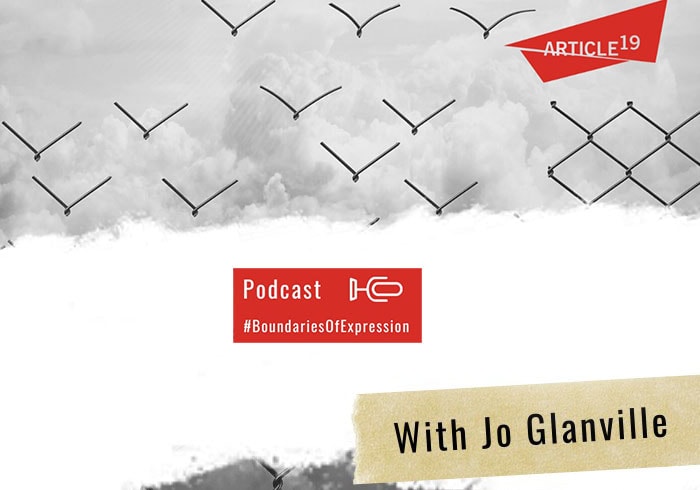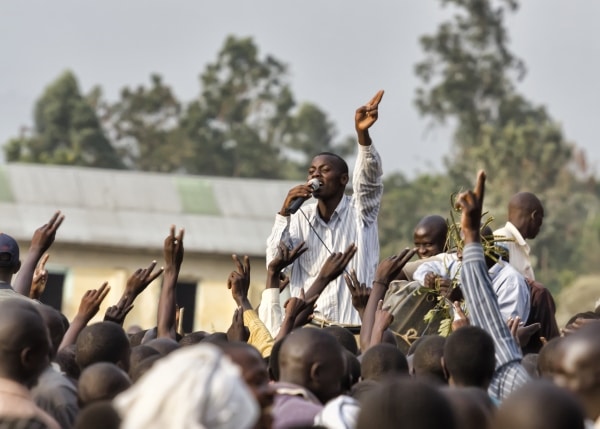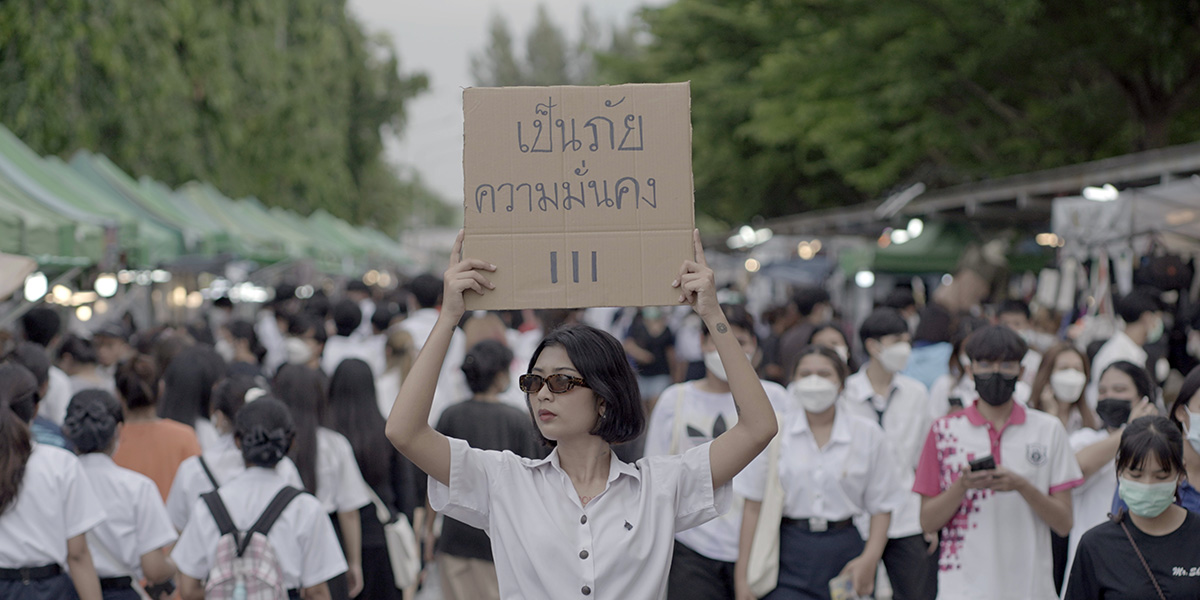Across time and history, in every country, and in every society, protest movements have been central to the achievement of change. From #MeToo to the Occupy movement, BLM to the Arab Spring, when people unite to demand justice, the power of our voices can change the minds and hearts of millions.
Yet, instead of listening to our voices, many governments are attacking people who march, trying to silence these voices, and prevent us from coming together. Weak laws are often misused to quell protests. Alarmingly, authorities and the media have begun to demonise people who march, in an attempt to stigmatise the very act of protest. Worst of all, this repression is growing more violent, with police brutality and arrests of protesters on the rise.
These trends negatively affect all those who protest. They especially affect groups who are ignored or silenced in society such as women; indigenous people; those who are LGBTQI+; and racial, ethnic, or religious minorities. For these groups, collective action is sometimes the only way they can make themselves heard.
We are campaigning to ensure that all people, especially those who face discrimination, feel empowered to use their right to protest. Over the next four years ARTICLE 19 will call on the police, the media, and on policymakers to end police brutality at protest, humanise protestors, and to reform laws to make protest safer for everyone.
Key facts
Globally, protests are on the rise. Between 2010-2020 alone, there have been at least 900 protests across the world.
2 out of every 3 countries in the world have used pandemic lockdowns to criminalise people who march.
The 2020 farmer’s protests in India saw over 250 million people protest - the largest protest in history
In the last 15 years alone, the number of protest movements around the world have more than tripled.
Protesters' stories

Francis Auma - #FreeToProtest
Kenya

Vincent - #FreeToProtest
Kenya

Halima - #FreeToProtest
Kenya

Sam Samat - #FreeToProtest
Thailand
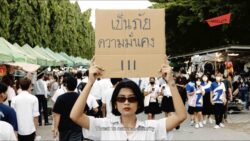
Panadda 'Tong' - #FreeToProtest
Thailand

Vitthaya - #FreeToProtest
Thailand
The research

Our calls
Over the next 4 years we will work with:

